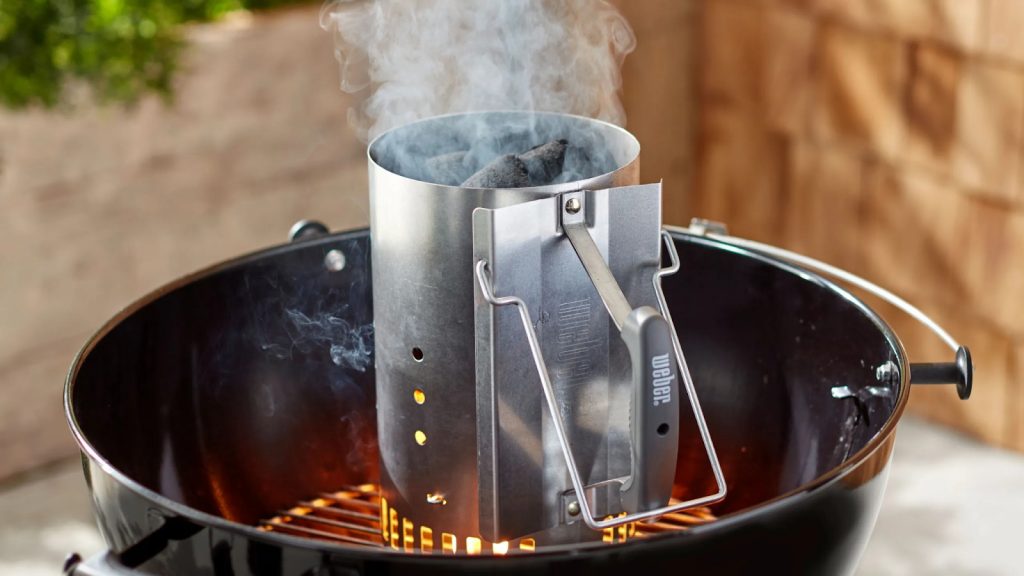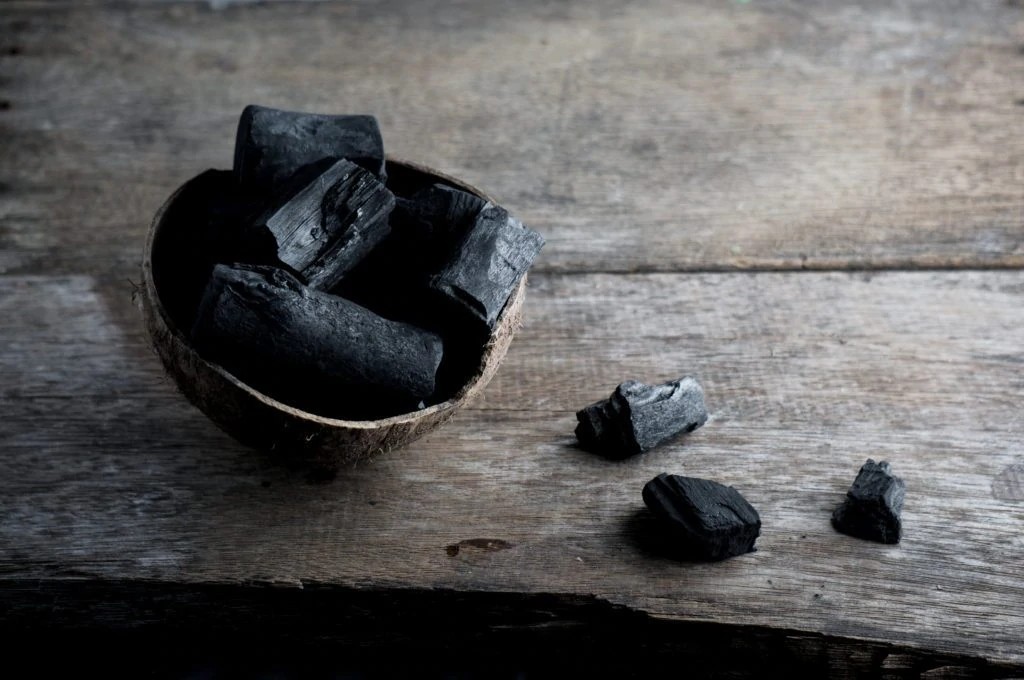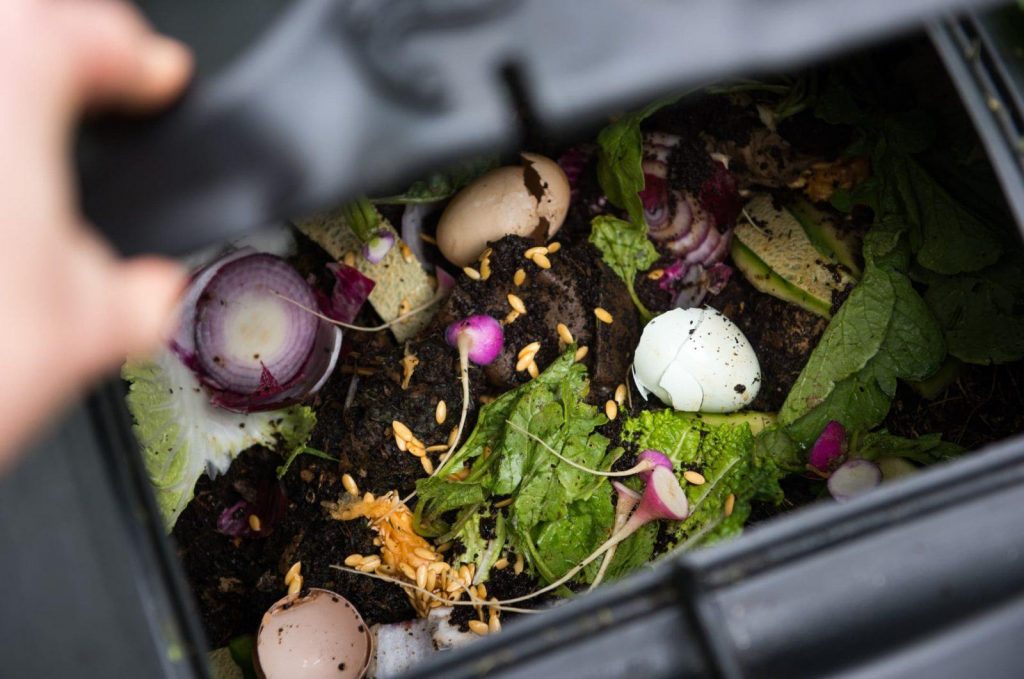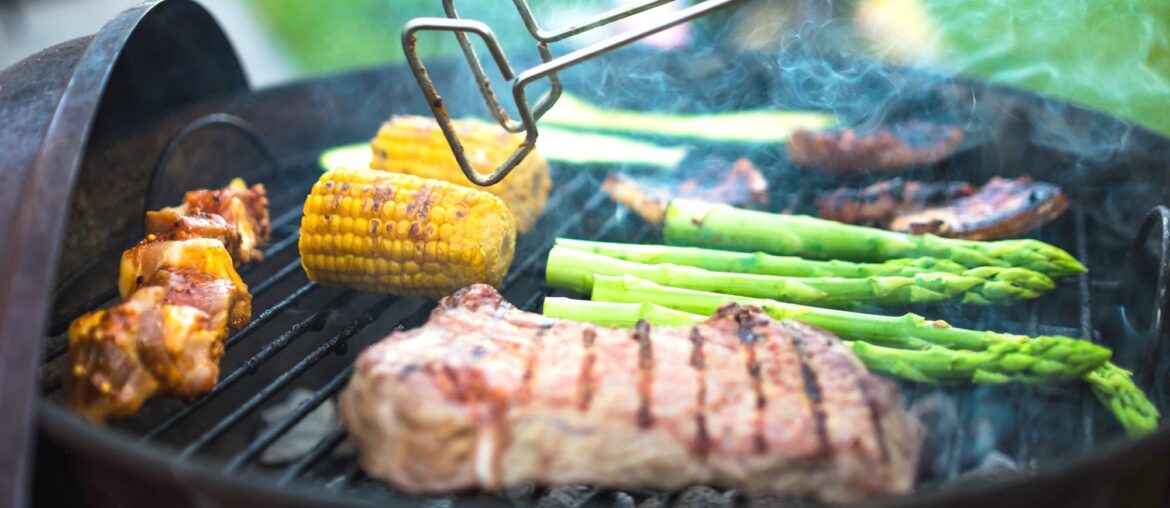Grilling is one of the most popular outdoor cooking activities in the world, especially in the United States. Yet, our leisure afternoon BBQ does impact the environment. So instead of applying the traditional grilling method, try using green grilling techniques. This way, you can easily reduce your carbon footprint at your BBQ party.
Use Natural Lighters

Using petroleum lighters is currently the most popular technique to start a fire in preparation for grilling. However, it is quite harmful to the environment.
Because burning charcoal with petroleum lighter fluids includes volatile organic compounds, which leak petrochemicals into the environment.
Instead of the traditional petroleum light, you can use the followings:
- Petroleum-free chimney charcoal starters
- ‘Do it yourself’ fire starters by using melted wax or dry leaves
- Electric charcoal starters
- Natural lighter fluids
Use Green Charcoal
Did you know that charcoal emits more pollution than gas and electric grills?
Despite this, many of us find it difficult to give up the excellent flavor and adaptability of charcoal. Instead of removing charcoal entirely from our BBQ parties, we should look for the cleanest way to lessen the impact of burning it.
Consider the following scenario. A branch from a tree in your yard has fallen. You just let it rot. The carbon produced by this deterioration is the same as burning it, according to the United States Department of Agriculture.

Granted, even though burning releases carbon into the atmosphere more quickly, the final result remains unchanged. Burning wood can produce harmful chemicals in charcoal and increases carbon emissions. If you then add lighter fluid, the number of pollutants produced will skyrocket.
You may avoid these by using natural, additive-free charcoals or natural lump charcoal. Most of these materials are derived from sustainable coconut shells. They can be a great alternative to your traditional charcoal. They might help you avoid some concerns with deforestation and help you cut down on the toxins in the smoke that might spoil your food’s flavor.
And if you’re like most Americans, you probably prefer the feel and flavor of charcoal grilling. Therefore, if you insist on using briquettes, green charcoal is the way to go.
Use Gas Instead of Charcoal

Many environmentally-conscious grillers ask whether a fuel source is better for the environment. You could believe that charcoal is more environmentally friendly. After all, charcoal is a natural biofuel made from superheated wood, whereas propane is a byproduct of natural gas processing.
However, green grilling with propane grills is far more effective than charcoal grills, consuming less fuel each time you use them. With a gas grill, there’s no need to wait for the coals to burn down.
In addition, the bulk of charcoal briquettes made from harvested green wood adds to the environmental impact of charcoal. This means that trees around the world must be sacrificed in order for you to eat that burger. As you can see, charcoal isn’t as eco-friendly as you thought.
So if you have to choose between propane and charcoal, propane is the superior option – at least in terms of the environment!
Compost Your Leftovers

There will always be leftovers from a cookout. Because most of the food is biodegradable, organic, and compostable, the easiest method to dispose of grilled leftovers is to put them in a compost pile, which you can then use to improve the vitality of your garden soil.
This is vastly preferable to tossing them in the trash, as food waste emits methane, which pollutes the air. Additionally, organic compost is much greener than using chemical fertilizers.
Douse the Flames
If you’re using charcoal or other briquettes to cook, don’t leave the coals to burn after the final veggie burger has been removed from the grill. The fire will burn the coals to ash, leaving no reusable charcoal for your next grilling session. Instead, when you’re done cooking, close the grill and close the vent, and you’ll have extra charcoal for the next green barbecue.
Consider Other Options

Gas and charcoal aren’t the only grilling possibilities, and if you want to be environmentally conscious, you should consider all options.
Electricity is the only remaining option for cutting emissions if you have a green source of electricity, such as any renewable energy. If it isn’t, it is one of the worst! Try to use solar or wind power for your electric grill if you want to use green grilling for your BBQ party.
The only other choice is a pellet grill, which, like a pellet stove, runs on compressed scrap wood pellets. Pellets are incredibly ecologically beneficial since they utilize scraps that would otherwise be thrown and emit minimal emissions while being used. Use BBQGuys coupons to get a better deal on your pellet grill purchase at the store.
Conclusion
While grilling does not contribute a major fraction of annual carbon emissions, we should still keep our BBQ party as green as possible. Being aware of various alternatives and the influence you have on the environment is a huge step toward a better future!
After following our brief guide, you will be able to achieve green grilling in no time! Now, get out there and enjoy your eco-friendly BBQ parties to the fullest.





